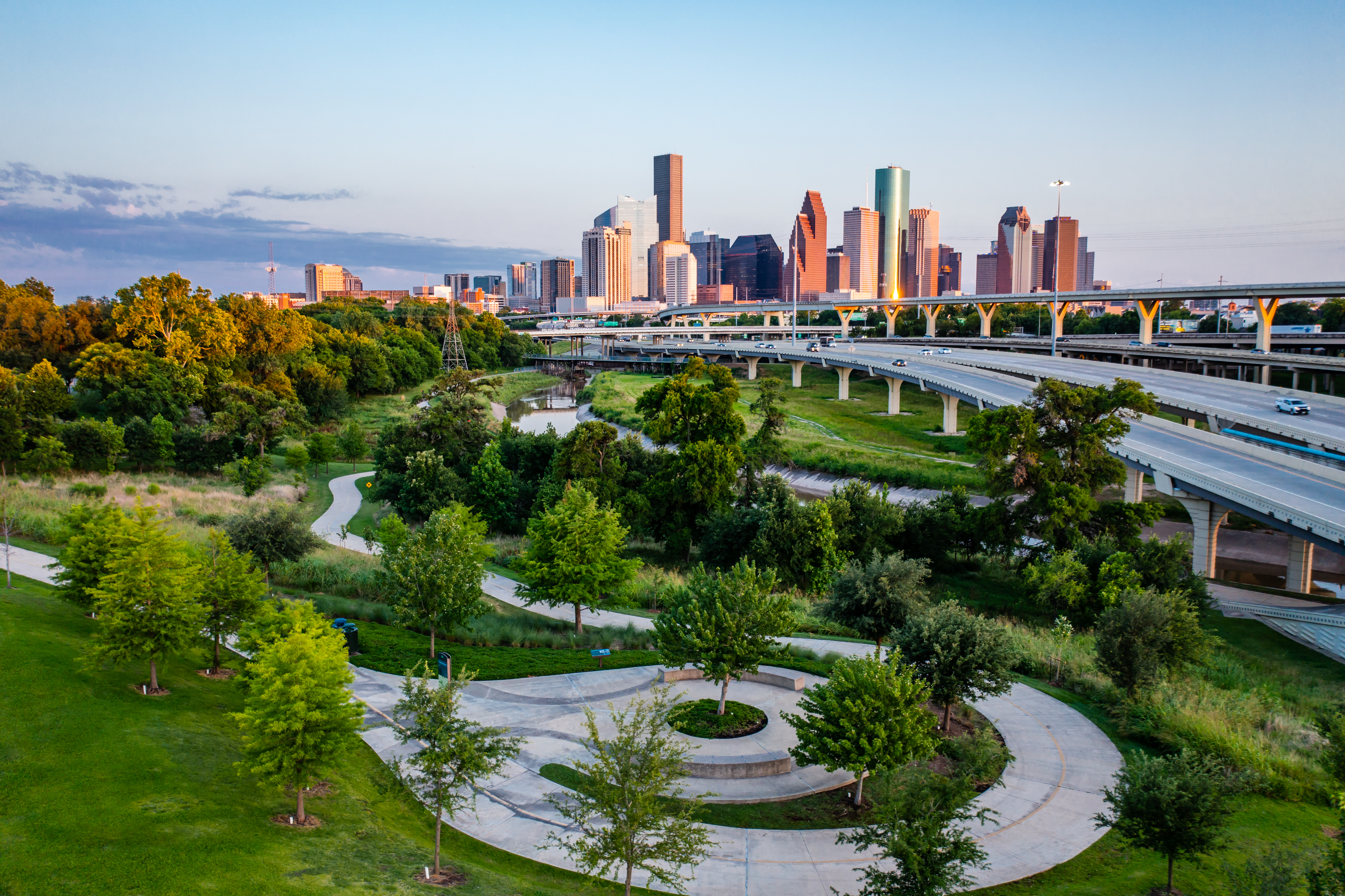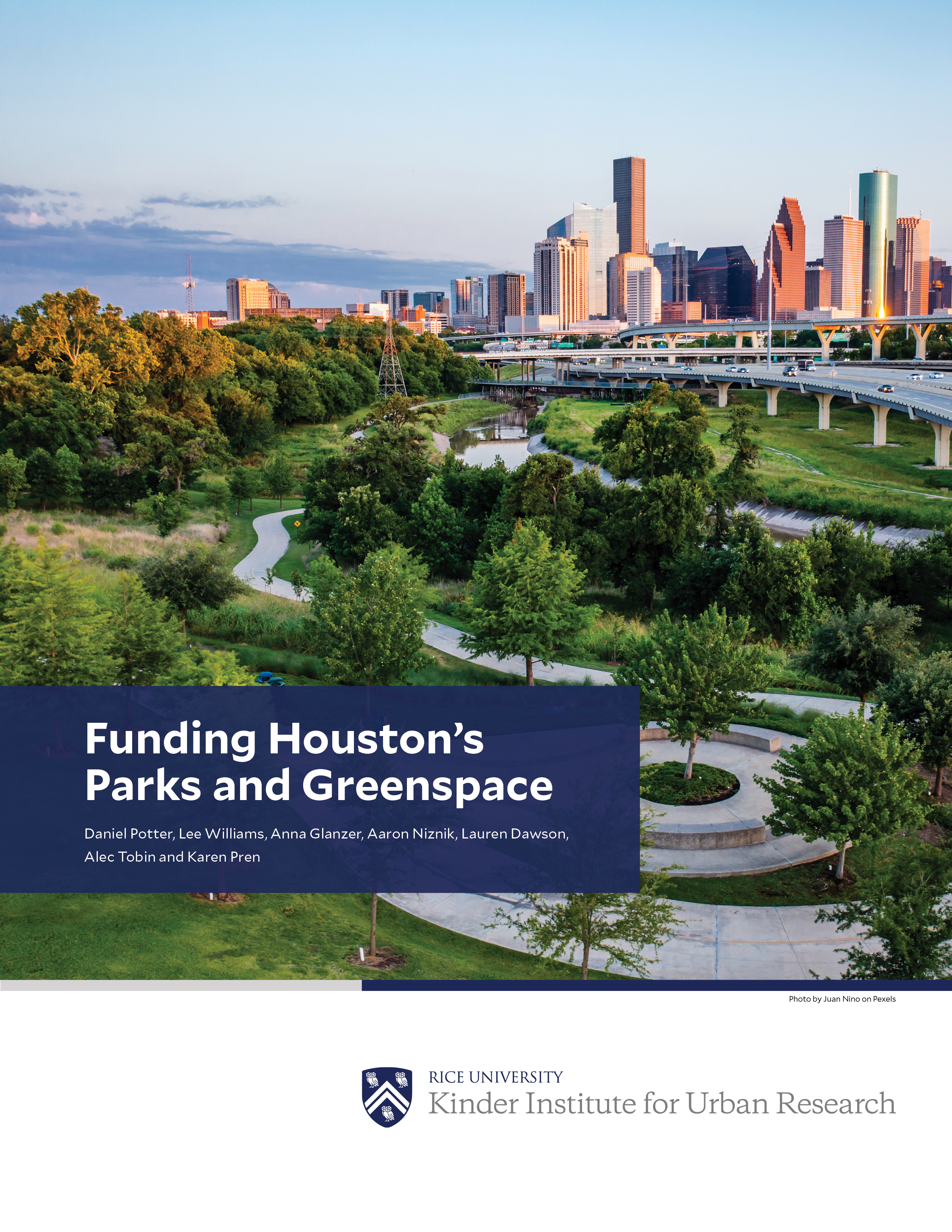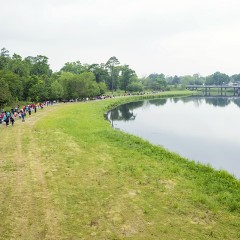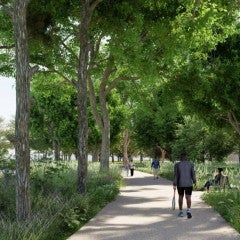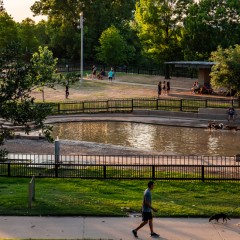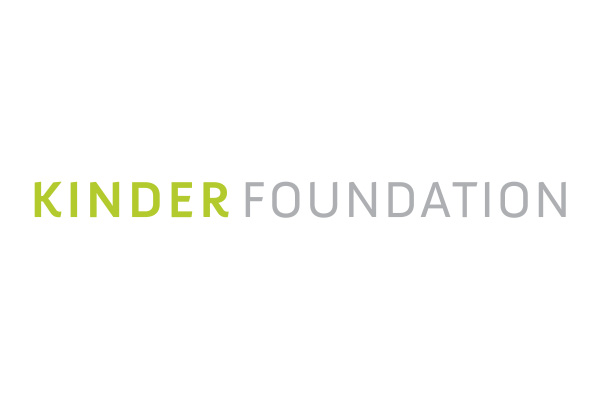Funding for Houston's parks and greenspace is complex, as the city’s property tax revenue cap has limited its ability to invest in parks maintenance and improvements. Instead, more innovative approaches have been implemented, including the use of public-private partnerships (e.g., Buffalo Bayou Partnership), tax increment reinvestment zones (TIRZs) to service particular parks, and ballot initiatives to gain approval for bonds to help front-load investments. Millions of dollars are spent on parks and greenspace each year; however, when put in comparable terms with the money spent by other cities around the state and country, Houston lags far behind.
The Kinder Institute for Urban Research engaged in a three-part study in partnership with the Kinder Foundation, the Jacob and Terese Hershey Foundation and the Cullen Foundation to better understand parks and greenspace funding in the Houston area. The report consists of 1) an analysis of parks spending reported to the Trust for Public Land, 2) a survey of Houston-area residents about their park experiences, and 3) interviews with the city’s most recent mayors—Bill White, Annise Parker, and Sylvester Turner—to learn how city leaders have handled funding challenges.
Key findings
- Dallas, San Antonio, and Austin each have more public and private parks funding per resident than Houston does, despite Houston having the second-highest total dollars of philanthropic support for parks in the country.
- Two-thirds of Houston residents supported the city spending $100 or more per resident, far above the current level. About 70% of Houston residents said they would be willing to pay the city $2 a month if those funds went to improving and maintaining parks. A slight majority—51%—said they would be willing to pay as much as $5 a month.
- Nearly three-quarters of city of Houston residents and three-quarters of Harris County residents reported having parks or greenspace within a 5- to 7-minute walk of where they live, but that varied across the city. Only 56% of residents in the Five Corners, South Acres, Minnetex area had similar levels of access.
- According to Houston’s three most recent mayors, parks are a vital part of the city's infrastructure, and public-private partnerships are essential, as private funding has helped transform and develop parks and greenspace, while public funding has been critical for ongoing maintenance.
This report was conducted in partnership with the Kinder Foundation, the Jacob and Terese Hershey Foundation and the Cullen Foundation.

